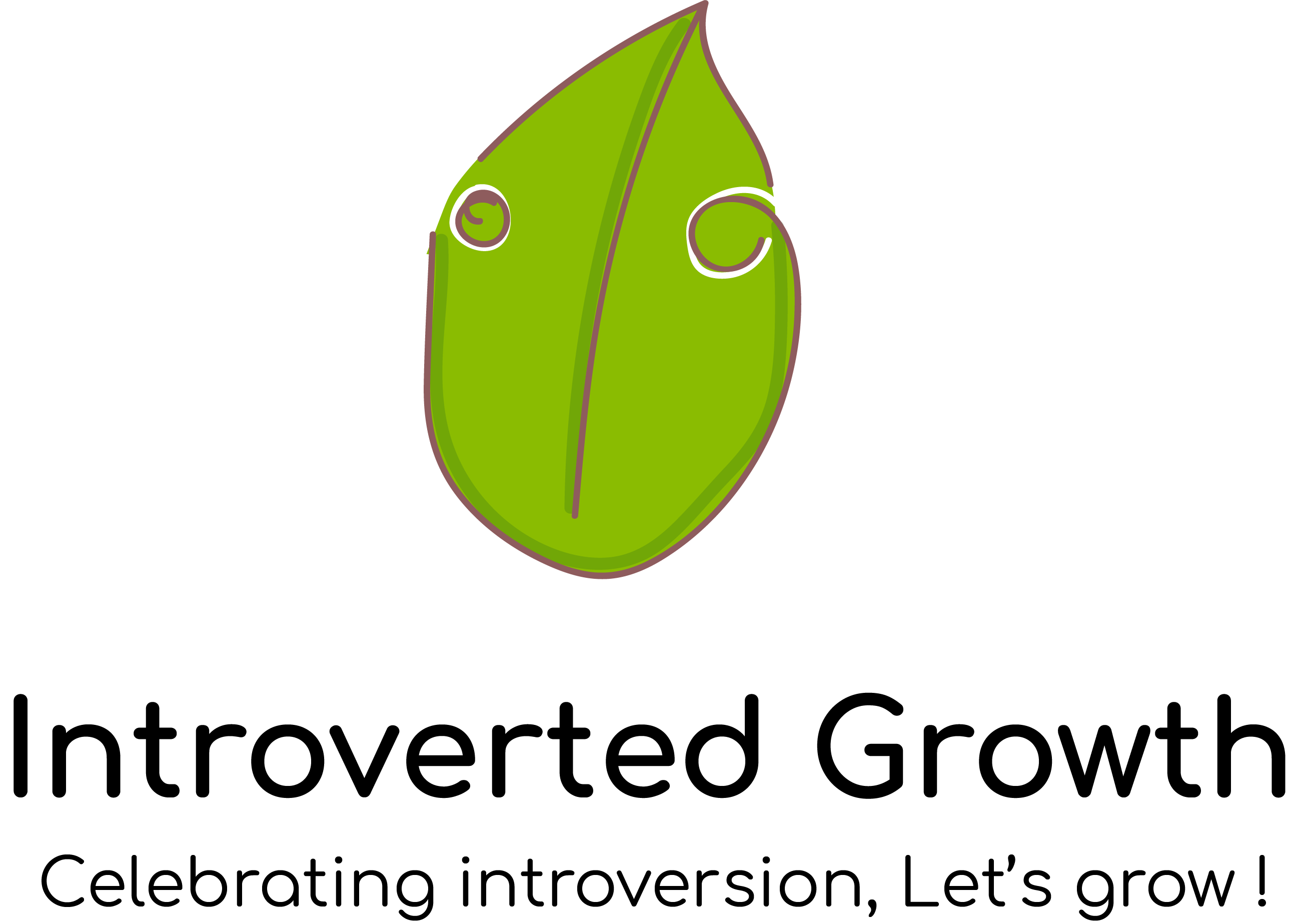INTP and feelings. The never ending debate. INTPs are known to avoid emotions and feelings, but is this really true?
In this article, we’ll go over INTPs’ emotional breakdowns. How they manifest and things to help you handle them as an INTP.
Can INTPs have emotional outbursts?
As hard to believe as some may find this, INTPs are actually human beings with real emotions and not robots.
Because of their dominant Ti function, INTPs can have a difficult time understanding people’s feelings and so taking them into consideration. this will make communicating with others awkward sometimes if not hard and their emotional expressions can be seen as unemotional to those who don’t know them well.
INTPs may find themselves frustrated by how long it takes for people to understand what they’re saying or by how quickly people misunderstand them when they do communicate.
This is but one reason for an INTP to have an emotional outburst.
INTPs actually have don’t really deal well when they’re overwhelmed, they tend to behave in ways unusual to their normal rational self. so instead of INTPs looking their composed laid back usual self, when overwhelmed or under extreme conditions, INTPs tend to avoid people and go into solitude causing them to fall into the Ti-Si loop or experience an emotional breakdown. All the emotions INTP made in a hibernation-like state burst out at once,
What does an INTP emotional breakdown look like?
INTPs usually experience this when they’re not able to focus on anything and their mind is simply overwhelmed by emotions. Their inferior extraverted feeling (Fe) takes over causing an unhealthy balance and making them people dependent and very emotional.
They’ll lash out at people or do irrational things that INTPs themselves can’t explain later on. They would cry in front of others or they’d become moody and say negative things about the people they’re closest to. It’s like they’re frantically getting all the buttled-up emotions out of their system so they can get back to being their normal logical self.
An example would be of :
- An INTP who secretly loves her best friend but chooses to ignore her feelings for him since they already hang out together all the time. But when he starts seeing someone and finally introduces her to his girlfriend whom he’ll bring around with him whenever they hang out together, the INTP will eventually get overwhelmed and have an emotional breakdown telling her friend everything from how she felt about him for years to how having this girl around causes her to be stressed and uncomfortable while crying all the time which is alien to a healthy INTP.
How to Handle Emotional Breakdowns as an INTP?
Being an INTP, this kind of state tends to bring INTPs into a dark place where they’ll become negative about everything. It’s important that INTPs don’t stay in this state for too long as this will cause INTPs to lose themselves.
INTPs need to remember that emotions are part of us as human beings and that it’s important to at least acknowledge them internally and sort them out within ourselves.
That being said, When you’re dealing with an emotional breakdown:
- Sit with yourself and find out exactly what’s making you have these overwhelming feelings that just want out, what are your thought at the moment. Write them down on a piece of paper and look at them objectively. You’ll notice that most of your feelings will be irrational and you just need to acknowledge them and then let them go.
- Try to look for a solution to how you’re feeling in this state if talking to the person who’s causing you these emotional breakdowns in the way to work things then be it. talk to them and be honest about your feelings and how you think they make you feel. Make sure that you take responsibility for your own feelings, don’t lash out at them, and don’t blame them for your negative feelings this time. INTPs are known to be very logical and rational people, but when under stress, you must acknowledge that you can behave very unreasonably and emotionally.
- Try meditation. I can’t stress enough the importance of finding some time for yourself every day to work on clearing your mind and just breathing. nothing else. This will make you sort through your thought and tune down the negative emotions that come from overanalyzing them.
CONCLUSION
I really hope you found this article helpful! If you did and you want to support our mission to create awareness for personality types, consider sharing this article with your friends and leave us some feedback!
And if you’re interested in knowing more about INTPs check out my other articles about this personality type.






